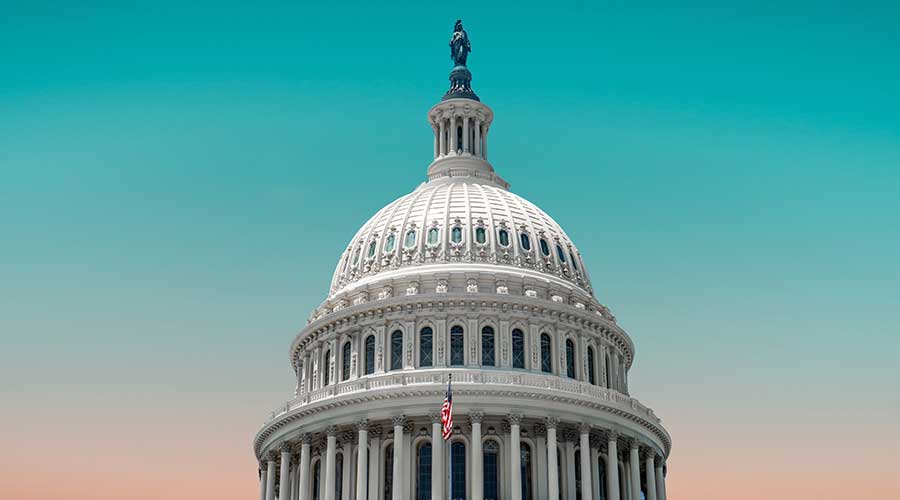Stay updated on news, articles and information for the rail industry
October 2021
Rail News: Canadian National Railway - CN
From the Editor —CSX-Pan Am Railway, CP-KCS and CN: Of wedding bells and other bells to answer

By Pat Foran, Editor
It’s been a year of marriage proposals in Rail Country, and the partners involved in two potential combinations — CSX-Pan Am Railways and Canadian Pacific-Kansas City Southern — are getting closer to the altar.
For CSX, there is but one obstacle to clear, albeit a significant one: garnering Surface Transportation Board (STB) approval to combine with Pan Am, as Kevin Boone, CSX’s EVP of sales and marketing, told Managing Editor Jeff Stagl. CSX plans to do whatever it takes to ease the STB’s concerns. “We clearly are willing to deviate from our plan,” President and CEO Jim Foote said last month at the North American Rail Shippers Association’s annual meeting in Chicago.
CP has had to do a little deviating, as well. On Sept. 15, CP and KCS announced they’d entered into a second merger agreement. The deal came two weeks after the STB unanimously rejected the use of a voting trust agreement in the proposed merger between CN and KCS, a deal KCS had determined was superior to CP’s initial offer. After deeming CP’s second offer was better than CN’s, KCS terminated its merger agreement with CN.
Now, CP-KCS officials await the STB’s blessing. A ruling on the nuptials could come next summer or in fall 2022.
And then there’s CN-TCI
Meanwhile, the suitor KCS did not choose is working through a relationship challenge of a different sort.
On Oct. 1, CN responded to what it describes as “numerous misleading claims and inconsistencies” in recent disclosures by CIFF Capital and TCI Fund Management (collectively, TCI). Last month, TCI — which owns a 5% stake in CN — formally started a proxy fight to replace CN President and Chief Executive Officer JJ Ruest and some board members due to the Class I’s failed attempt to acquire KCS.
In a press release, CN officials said TCI has a “glaring conflict of interest” as CP’s largest shareholder. They highlighted what they believe are TCI’s “erroneous” claims, including:
• false or misleading characterizations of CN’s performance;
• an inaccurate description of financial risks associated with CN’s bid for KCS and refusal to acknowledge CN walked away with an incremental $700 million, amongst other strategic benefits;
• a failure to provide a credible or differentiated plan; and
• a failure to acknowledge concerns that TCI is the largest shareholder of CP, CN’s principal competitor.
CN plans to demonstrate how TCI’s criticisms are mostly false or misleading. On Oct. 4, the Class I announced it had scheduled a special shareholders meeting on March 22, 2022, in response to a requisition by TCI. CN and TCI have mutually agreed to the meeting date.
Keywords
Browse articles on CSX Pan Am Railways Jim Foote Canadian Pacific Kansas City Southern CN TCIContact Progressive Railroading editorial staff.


 What’s In Store For Rail Under Trump 2.0?
What’s In Store For Rail Under Trump 2.0?
 Richard Kloster: Rail Industry On Promising Path
Richard Kloster: Rail Industry On Promising Path
 Much Ado With Latest Monitoring Systems, Equipment
Much Ado With Latest Monitoring Systems, Equipment
 Rail Insider eBook
Rail Insider eBook
 railPrime
railPrime





